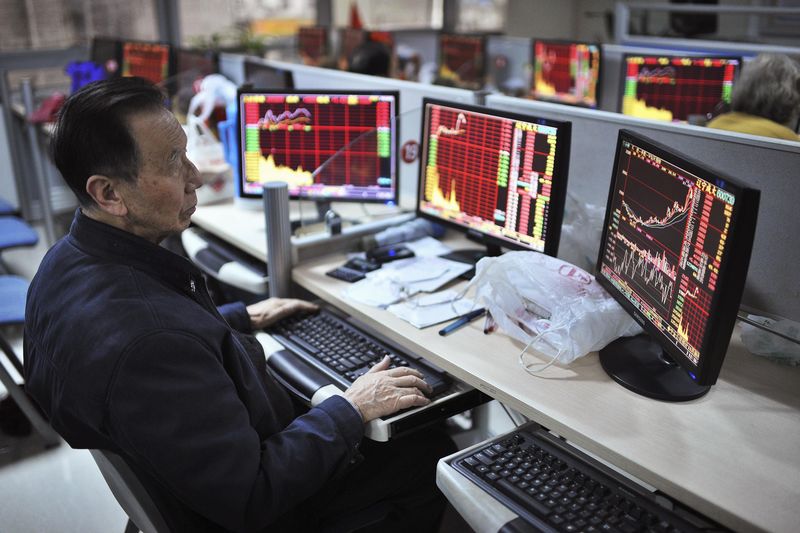 © Reuters.
© Reuters.
Investing.com-- Most Asian currencies advanced on Thursday, while the dollar inched lower tracking comments from Federal Reserve officials touting a potential pause in the rate hike cycle in June.
Markets were also somewhat encouraged by the U.S. House of Representatives voting in favor of a bill to raise the debt ceiling and avert a U.S. default, with the bill now headed for a final vote in the Senate later this week. This comes ahead of a June 5 deadline for a U.S. default, the prospect of which has kept markets on edge over the past week.
China’s yuan rose 0.2%, rebounding from six-month lows as a private survey showed that manufacturing activity in the country grew more than expected through May. The data clashed with an official survey that showed a sustained contraction in China’s biggest economic engine, although the divergence could be linked to a difference in scope between the two surveys.
Still, concerns over a slowing economic rebound in China persisted, given that the private survey only showed a marginal improvement in activity. These concerns, coupled with a string of weak daily yuan midpoint fixes by the People’s Bank, had battered the Chinese currency in recent weeks.
Other Asian currencies also rose on Thursday, benefiting from some weakness in the dollar as Philadelphia Fed President Patrick Harker said on Wednesday that skipping a rate hike during the June 14 meeting could allow the bank more time to consider future rate decisions.
The South Korean won added 0.1%, although further gains were held back by weaker-than-expected export and import data. South Korean manufacturing activity also contracted in May.
The Japanese yen was flat, but was trading well above recent six-month lows hit against the dollar. Stronger-than-expected capital spending data for the first quarter also pointed to a potential upward revision in GDP for the period.
The Australian dollar pared early losses following the positive Chinese data, and was also supported by stronger-than-expected capital expenditure readings for the first quarter.
The U.S. dollar index and dollar index futures fell 0.1% each in Asian trade. While Harker specified that the Fed could still hike rates further after a June pause, his comments triggered some profit taking in the dollar at 10-week highs.
Focus is now on U.S. nonfarm payrolls data, due on Friday, for more cues on monetary policy. The prospect of U.S. rates staying higher for longer weighed on Asian markets through the past year, and is expected to limit gains in the region for the time being.

